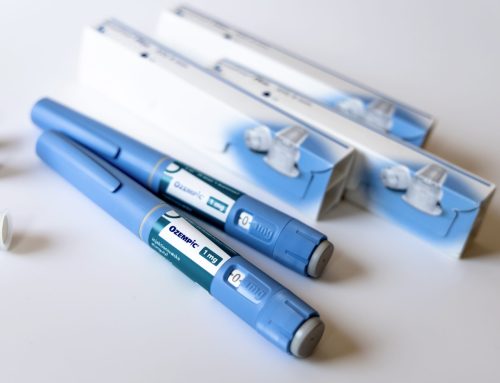
While addiction recovery is unique to each person, the first year of sobriety often poses the most challenges. Following an addiction treatment program, you may be faced with a new you or a version of yourself that you haven’t known since before your addiction. You may be figuring out and trying to understand your new normal and what your best life will look like. That all makes the first year of sobriety critical to establishing a path of long-term health and sober living.
If you or someone you know is struggling with addiction, contact us at [Direct] to learn more about the addiction treatment programs we offer.
Building a Foundation for Recovery
Each person’s healing journey is unique. At the same time, multiple parts of the sober experience overlap. In your first year of sobriety, you should expect to focus on your mental health and avoiding a relapse. Three key considerations inform the foundation of your first year:
- Understanding your triggers and what are high-risk situations for you
- Identifying and using coping strategies
- Creating a relapse action plan
Leaning into the knowledge and connection available in a support group or alumni program can support sober living and help you create a personalized action plan that encompasses the three bullet points above.
Triggers and High-Risk Situations
Triggers are anything that tempts a person to relapse and begin using substances again. While something that triggers one person may not have an impact on someone else, people in addiction recovery often experience some of the most common triggers. These include:
- Compromising social relationships: friendships or family members who actively use substances can be triggers for people in addiction recovery and get in the way of sober living. Especially during your first year of sobriety, it may be wise to avoid social relationships that put you at risk of relapsing.
- Mental health: experiencing mental health issues, such as anxiety and depression, can be serious obstacles in avoiding relapse. Learning how to manage difficult emotions and utilizing social support networks are key to managing your mental health following addiction treatment.
- Living conditions: for many people recovering from addiction, their living conditions might be a trigger. It could be that their living situation provides easy access to substances or that their living situation leads to isolation and difficulty accessing ongoing support during the first year of sobriety. Altering your living situation to best position yourself for long-term sobriety is ideal.
Coping Strategies
Coping strategies are key to heading off your triggers and either avoiding or reducing the danger of high-risk scenarios. Some common coping strategies include:
- Exercising regularly
- Developing and investing in a support network
- Attending group meetings
- Journaling
- Meditating
One acronym that is common to addiction recovery is H.A.L.T., which stands for hungry, angry, lonely, and tired. Each of those can be a slippery slope to relapse. Thus, coming up with coping strategies to avoid each part of H.A.L.T. will support sober living.
Relapse Action Plans
While nobody plans to or hopes to relapse following addiction treatment, it is still wise to create an action plan in case a relapse does occur. A solid plan can also help to head off the danger of a relapse before it occurs.
Relapse action plans naturally begin with a foundation of understanding triggers and implementing coping strategies to best navigate sober living. They might also include a 12-step meeting schedule, a sponsor, and commitment to an outpatient program for part of your first year of sobriety.
Support at Georgia Addiction Treatment Center
Sober living, while not easy, is achievable. By creating a blueprint for your personal success, you can navigate sobriety and live the healthy, addiction-free life you deserve.
To talk to our experts about adjusting to your first year of living sober or to connect someone you love with addiction treatment programs, contact us at [Direct].




